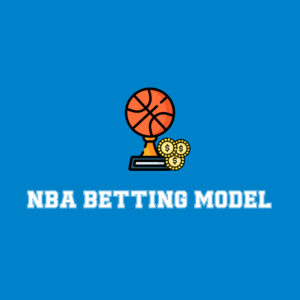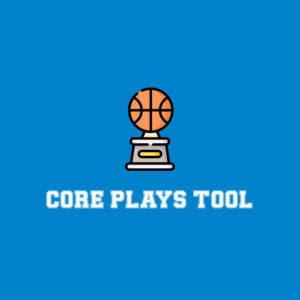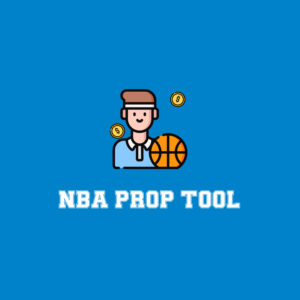
In a 12-team fantasy football league, 11 managers are left saying “What if?” at the end of the year. “What if I had started X over Y?” “What if I hadn’t made that trade?” “What if our draft hadn’t happened one day before that guy got injured for the season?” Congratulations if you aren’t saying “What if?” at the end, because that means you won.
And obviously, we can’t re-adjudicate every individual fantasy player’s missteps. But what we can do is look at the biggest “What If” situations around the NFL from 2020, the situations that, if things had just been a little different, might have led to a whole different NFL season.
For example: In 2017, the Saints went into the year with Adrian Peterson and Mark Ingram, in some order, as their top two running backs. Third-round rookie Alvin Kamara was there, but not that much was expected of him. In four games with New Orleans, Peterson had 27 carries for 81 yards and no scores. His long rush was only 11 yards, and the Saints ended up trading him to Arizona, where Peterson had two big games with the Cardinals. And of course, Kamara — who hadn’t topped 7 carries or 40 rushing yards in a game with Peterson around — went on to finish as the PPR RB3 and has been a superstar ever since.
But what if Peterson breaks off just one big run in his month in New Orleans? What if, instead of 27-81-0, his four-game line was 27-135-1, with what had been a two-yard rush turning into a 56-yard score? Sure, that’s not star numbers, but just one flash of the Peterson of old might have convinced the Saints to hold onto him a bit longer. That would have kept Peterson from flashing a bit in Arizona, and while Kamara was going to be a force eventually, maybe it would have delayed it. Maybe he finishes as a mid-range RB2 instead of a star RB1. Maybe without Kamara’s dominance the Saints win one fewer game, and instead of being the 4-seed and playing the Vikings in Round 2, they are the 6-seed and play the Rams and Eagles, and that run keeps them from the Minneapolis Miracle.
Some of that gets into fanfiction, sure, but that’s the game we’re playing today. What were the biggest What If scenarios of the 2020 NFL and fantasy football season?
(One note: With one slight exception, we’re ignoring injury scenarios here, just because playing “What if X stayed healthy?” is an exercise in futility; once you give one guy health, you start to want to give everyone health and it gets cumbersome.)
What if … Bill O’Brien doesn’t make that trade?
There were two people in the world who thought O’Brien should have traded DeAndre Hopkins and a fourth-round pick to Arizona for David Johnson, a second and a fourth: O’Brien was one, and Hopkins, who reportedly wanted to get away from O’Brien, was probably the other. And you can’t say one directly caused the other, but you can say that the Texans went on to have a disaster season, losing their first four en route to a 4-12 finish, a fired head coach and an offseason where they don’t have a first- or second-round pick.
But what if Hopkins stayed? Deshaun Watson is already a super-duper star, finishing as fantasy’s QB5, but sticking around would likely have given him at least the 14 points he’d have needed to jump to QB2, and maybe the 30 to get to QB1. The Texans wouldn’t have traded their 2020 second for Brandin Cooks, leaving them an extra pick to play around with. The team likely signs a running back off the street to split work with Duke Johnson, but since backs are fungible, the difference there wasn’t likely to be significant. The Texans admittedly had the early-season schedule from hell (Kansas City, Baltimore, Pittsburgh, palate-cleansers against Minnesota and Jacksonville, then Tennessee and Green Bay before their Week 8 bye), so this was probably never going to be a successful season in Houston, but there were three one-possession losses in their first six weeks. What if they’re 3-4 or 4-3 heading into the bye?
And then Arizona. Kyler Murray was still going to run all over the place, but without Hopkins, his passing options would have been significantly less impressive. What became a QB2 season would have been more mid-to-late starting QB. The backfield mess of Kenyan Drake and Chase Edmonds would have had to incorporate Johnson as well, creating just an awful quagmire.
What if … the Bears just roll with Mitchell Trubisky all year?

The 2020 Bears were never going to be a great team. But for all the flaws of their 2017 No. 2 overall pick, Trubisky was better by almost any measure than offseason trade acquisition Nick Foles. He bested him in completion percentage (67.0% to 64.7%), adjusted yards per attempt (6.8 to 5.4), passer rating (93.5 to 80.8) and QBR (61.8 to 43.6). In Trubisky’s nine starts, he totaled 161.4 fantasy points, a 16-game pace of 286.9 (QB13). In other words a borderline fantasy starter. Foles’ seven starts yielded 94.16 points, a 215.2-point, irrelevant-for-fantasy pace.
And then there are the weapons. Per our FTN NFL Splits tool, David Montgomery averaged 10.0 (!) more fantasy points per game with Trubisky than Foles. Allen Robinson averaged nearly 2.0 (1.97) more. Jimmy Graham, 1.5 points more. Darnell Mooney, 2.55. There was never a scenario where the 2020 Bears were an offensive juggernaut, but a full season of Trubisky might have made for a much more interesting fantasy time in Chicago.
What if … the second-round rookies get their gigs earlier?
- Jonathan Taylor joined a Colts backfield that had Marlon Mack and Nyheim Hines. Mack got hurt, but Jordan Wilkins replaced him. He averaged 29.3 snaps per game through Week 10, then 41.0 the rest of the way.
- J.K. Dobbins joined a Ravens backfield that had Gus Edwards and Mark Ingram. He averaged 22.7 snaps through Week 7, then 35.6 the rest of the way.
- D’Andre Swift joined a Lions backfield that had Adrian Peterson and Kerryon Johnson. He averaged 26.0 snaps through Week 9 then 38.0 the rest of the way.
- Cam Akers joined a Rams backfield that had Darrell Henderson and Malcolm Brown. He averaged 11.8 snaps through Week 12, then 38.9 the rest of the way.
There is one very important caveat with all these guys is that rookies take time to figure things out, especially in a year that offered less preseason time than we’ve ever had before. But imagine those late-season workloads were the workloads those guys had all year.
By the above splits:
- Taylor: 11.9 PPR PPG raised to 24.3
- Dobbins: 7.6 PPR PPG raised to 13.6
- Swift: 12.7 PPR PPG raised to 17.6
- Akers: 5.8 PPR PPG raised to 13.9
With some loose math (and giving them all 16 games), those numbers would have had Taylor as roughly the No. 2 RB, Swift a mid/late RB1, and Dobbins and Akers on the RB1/RB2 range. Imagine the fantasy world we’d inhabit today if four different rookie running backs had finished as RB1s in 2020. We’d be having entire thinkpieces about the brave new world of young backs.
What if … Damien Williams doesn’t opt out?
The COVID-19 story will always be the first chapter of the story about the 2020 football season. But from a fantasy perspective, the impact wasn’t as big as we might have predicted. There were two glaring exceptions to that sentence — Williams opting out was one, and you can read on for the other one. But Williams was set up to be the Chiefs’ No. 1 back before Kansas City drafted Clyde Edwards-Helaire in the first round. Even after the addition of CEH, Williams was expected to be a big part of the backfield, right up until he chose to forgo the season to avoid the dangers of the coronavirus.
What if he plays? Per Fantasy Football Calculator, CEH was a late second-round pick for most of the summer, but as soon as Williams opted out, he became a mid-first-rounder. He did not return that value, but if we assume he would have been roughly the same back with Williams in the fold (with midseason arrival Le’Veon Bell offsetting many of the touches that would have gone to Williams), an Edwards-Helaire who finished as RB22 is far more palatable at, say, 2.11 in the draft than 1.06, and he’d enter 2021 with serious buzz. And then there’s Bell, who joined the Chiefs in Week 7 after two games with the Jets. If Williams played, the Chiefs likely wouldn’t have been interested. Per the reports of Bell’s suitors, that would have narrowed his range to the Dolphins and Bills, either of whom would have likely offered him significantly more opportunity than he got in Kansas City. Maybe Bell pops elsewhere. Maybe we have a whole new conversation about the veteran for 2021.
What if … Cam Newton doesn’t catch COVID?
OK, serious wishcasting here. Because if nothing else, we don’t know how much his battle with coronavirus actually affected Newton as a football player; it’s possible he was just going to end up struggling as the season went on. We have seen reports that players struggled with physicality coming out of the virus; if that’s what hurt Newton’s performance, we missed out on a big season. In Weeks 1-3, Newton averaged 24.5 fantasy points per game; over the rest of the fantasy season (Weeks 4-16), he averaged 14.4. Per our NFL Splits tool, his average performance in Weeks 1-3 was 20.7 completions for 238.0 yards and 0.7 TDs, with 49.7 rush yards and 1.3 rush TDs. The rest of the fantasy season, those numbers fell to 14.5 for 154.6 and 0.3, with 33.1 and 0.7 on the ground. We’ll never know how much the coronavirus did or didn’t affect Newton this year, but we can imagine a world where that early-season guy is there all year, and that’s a good outcome.








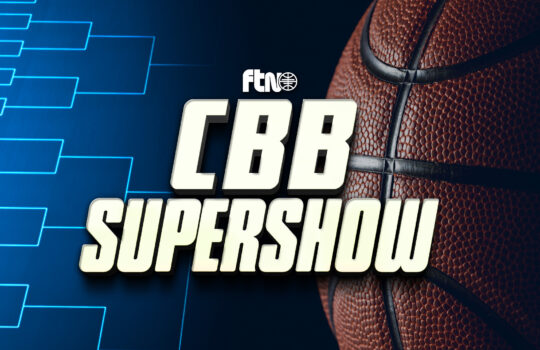

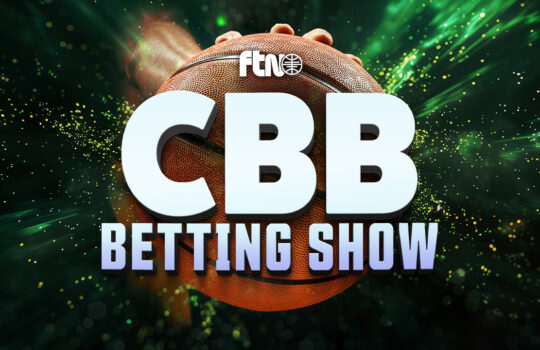











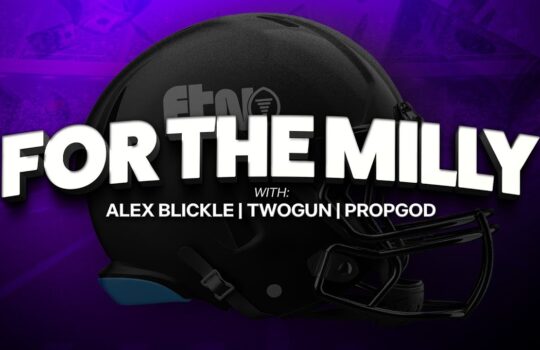






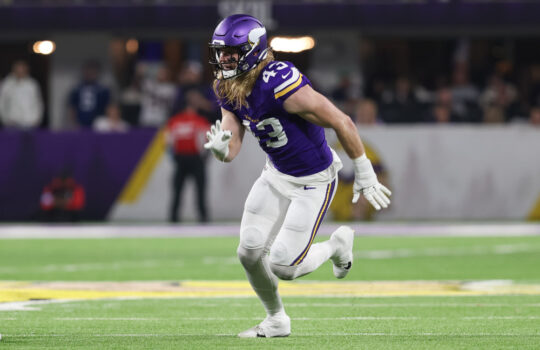



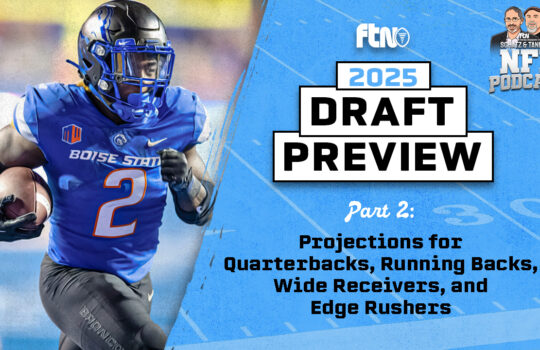

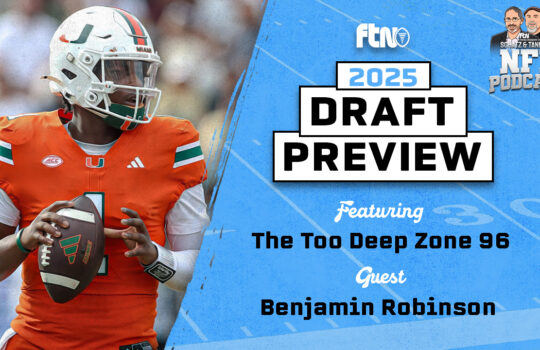
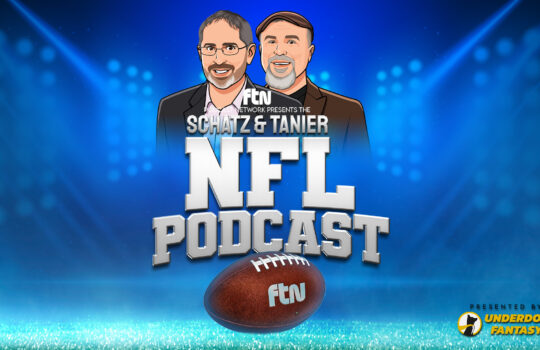




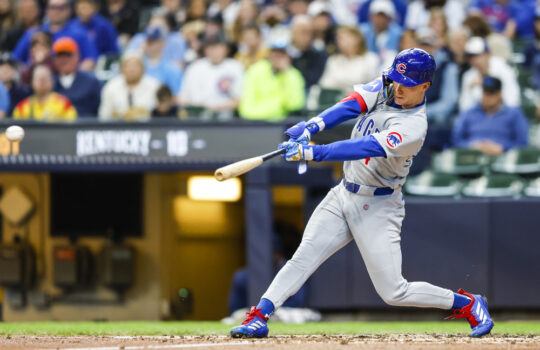

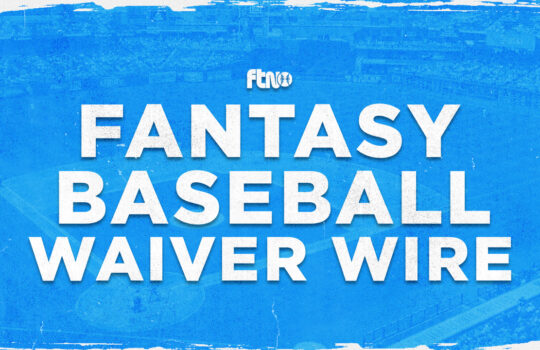

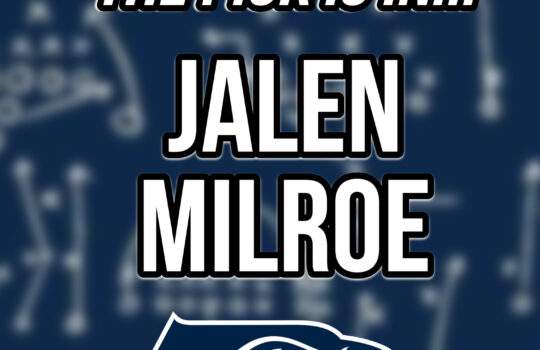

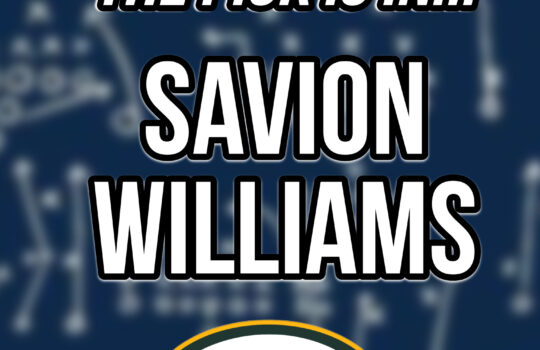
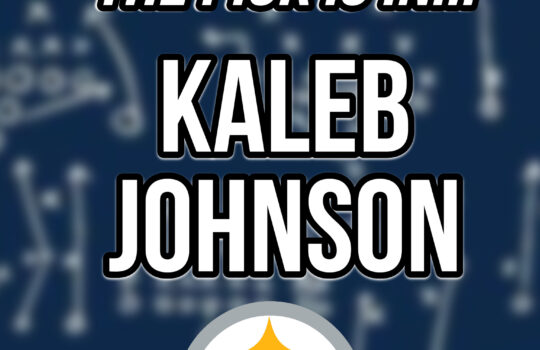

 New York Jets
New York Jets  New England Patriots
New England Patriots 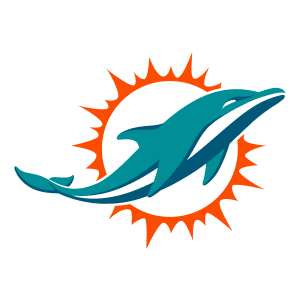 Miami Dolphins
Miami Dolphins  Buffalo Bills
Buffalo Bills  Pittsburgh Steelers
Pittsburgh Steelers  Cleveland Browns
Cleveland Browns  Cincinnati Bengals
Cincinnati Bengals 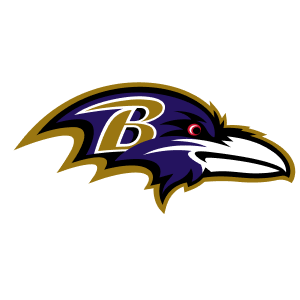 Baltimore Ravens
Baltimore Ravens 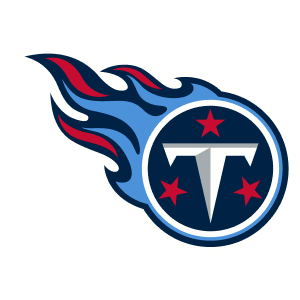 Tennessee Titans
Tennessee Titans  Jacksonville Jaguars
Jacksonville Jaguars  Indianapolis Colts
Indianapolis Colts  Houston Texans
Houston Texans  Las Vegas Raiders
Las Vegas Raiders 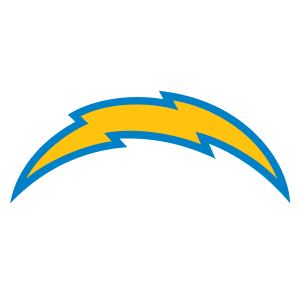 Los Angeles Chargers
Los Angeles Chargers  Kansas City Chiefs
Kansas City Chiefs 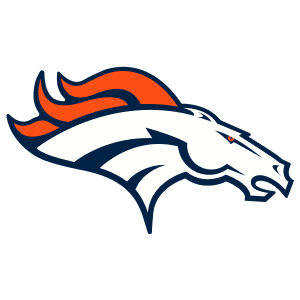 Denver Broncos
Denver Broncos  Washington Commanders
Washington Commanders  Philadelphia Eagles
Philadelphia Eagles 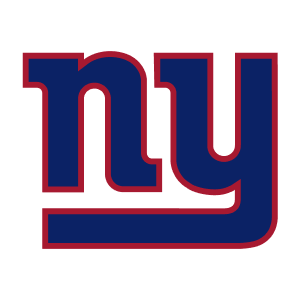 New York Giants
New York Giants  Dallas Cowboys
Dallas Cowboys 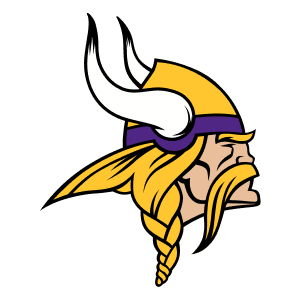 Minnesota Vikings
Minnesota Vikings 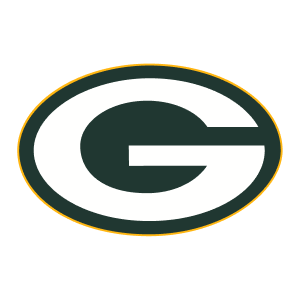 Green Bay Packers
Green Bay Packers 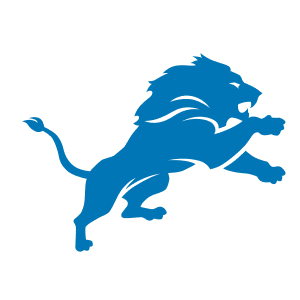 Detroit Lions
Detroit Lions 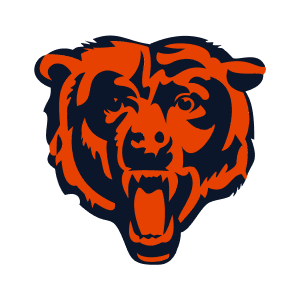 Chicago Bears
Chicago Bears 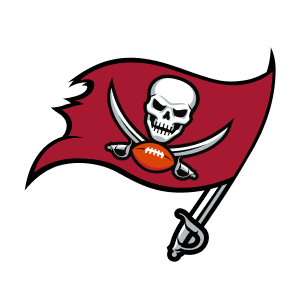 Tampa Bay Buccaneers
Tampa Bay Buccaneers  New Orleans Saints
New Orleans Saints 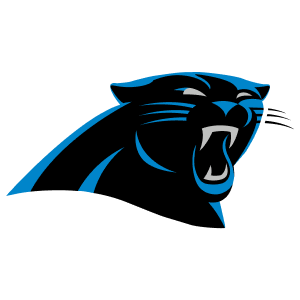 Carolina Panthers
Carolina Panthers 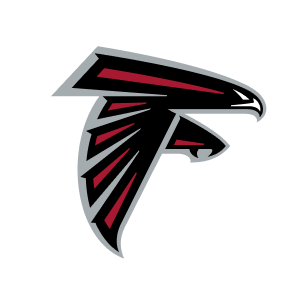 Atlanta Falcons
Atlanta Falcons 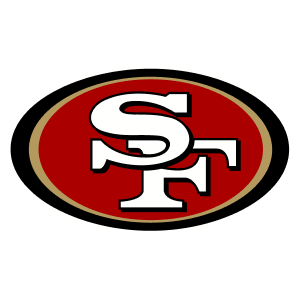 San Francisco 49ers
San Francisco 49ers 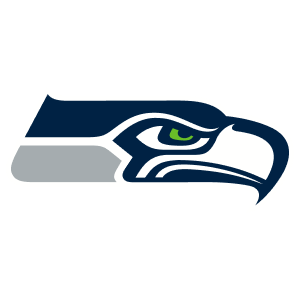 Seattle Seahawks
Seattle Seahawks  Los Angeles Rams
Los Angeles Rams 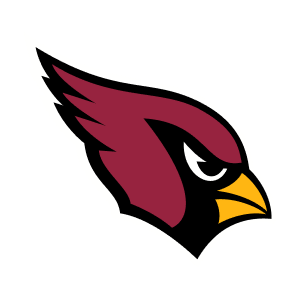 Arizona Cardinals
Arizona Cardinals 
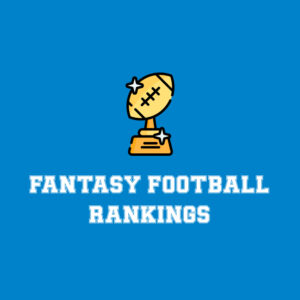
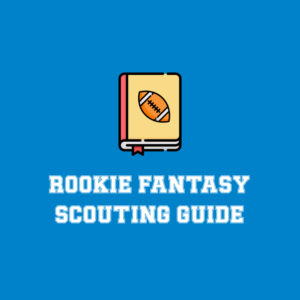
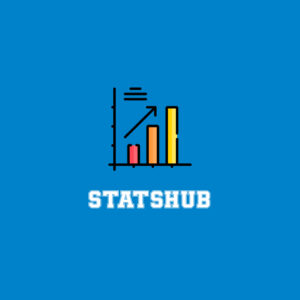
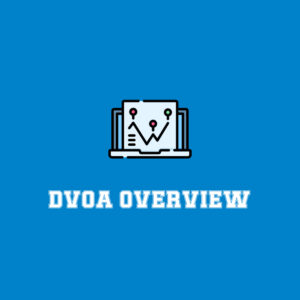




 Boston Celtics
Boston Celtics  Brooklyn Nets
Brooklyn Nets  Philadelphia 76ers
Philadelphia 76ers  New York Knicks
New York Knicks  Toronto Raptors
Toronto Raptors  Chicago Bulls
Chicago Bulls  Detroit Pistons
Detroit Pistons  Milwaukee Bucks
Milwaukee Bucks  Cleveland Cavaliers
Cleveland Cavaliers  Indiana Pacers
Indiana Pacers  Orlando Magic
Orlando Magic 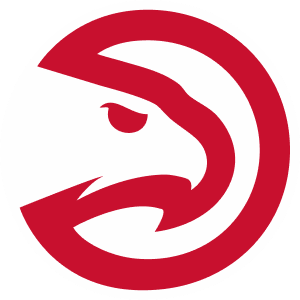 Atlanta Hawks
Atlanta Hawks  Charlotte Hornets
Charlotte Hornets  Miami Heat
Miami Heat  Washington Wizards
Washington Wizards  Denver Nuggets
Denver Nuggets 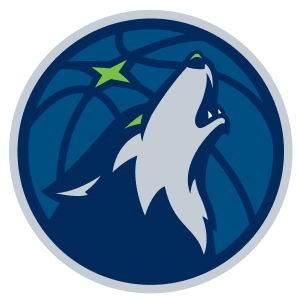 Minnesota Timberwolves
Minnesota Timberwolves  Oklahoma City Thunder
Oklahoma City Thunder  Portland Trail Blazers
Portland Trail Blazers  Utah Jazz
Utah Jazz  LA Clippers
LA Clippers  Golden State Warriors
Golden State Warriors  Los Angeles Lakers
Los Angeles Lakers  Phoenix Suns
Phoenix Suns  Sacramento Kings
Sacramento Kings  Dallas Mavericks
Dallas Mavericks  Houston Rockets
Houston Rockets  Memphis Grizzlies
Memphis Grizzlies  New Orleans Pelicans
New Orleans Pelicans  San Antonio Spurs
San Antonio Spurs 
